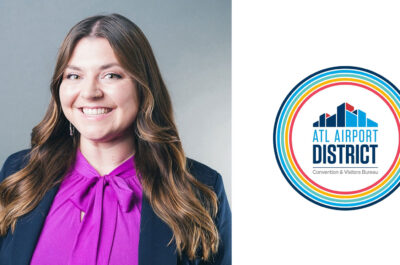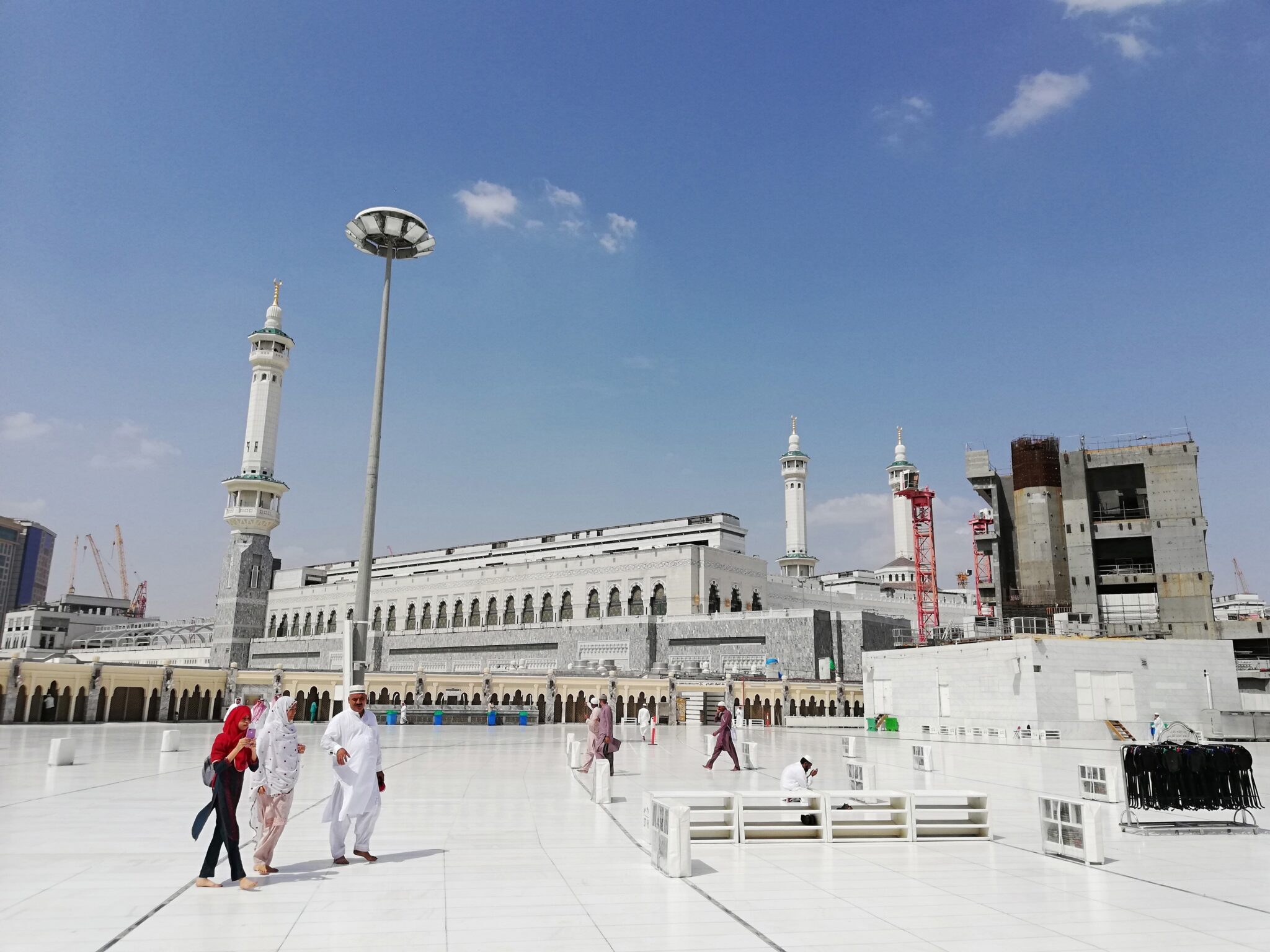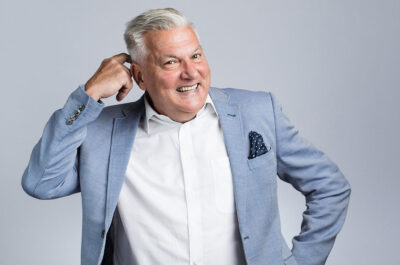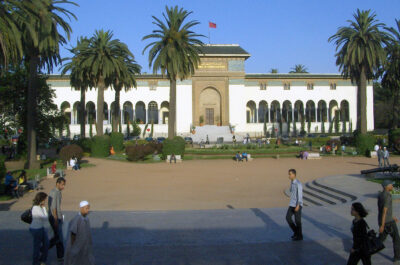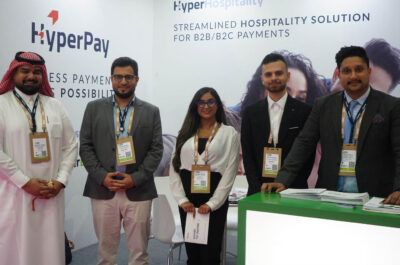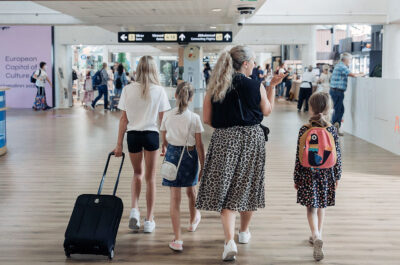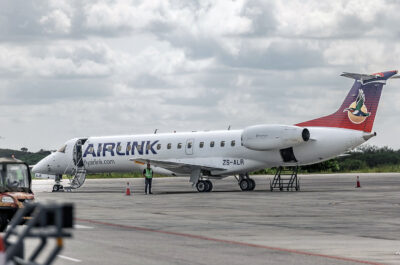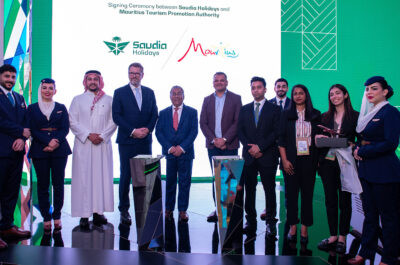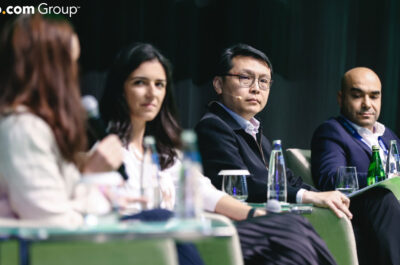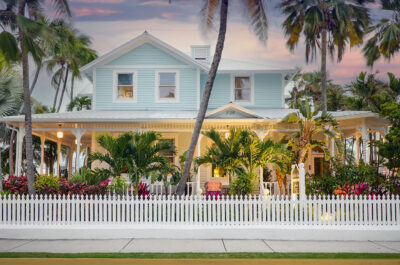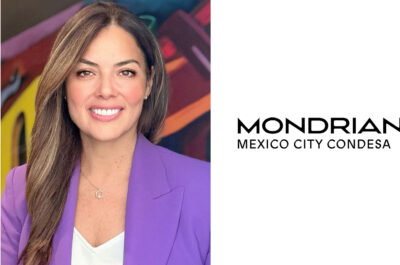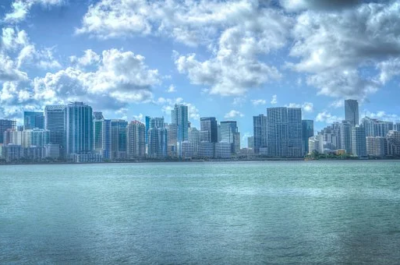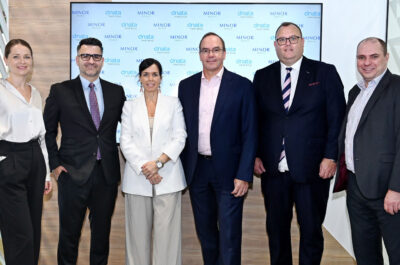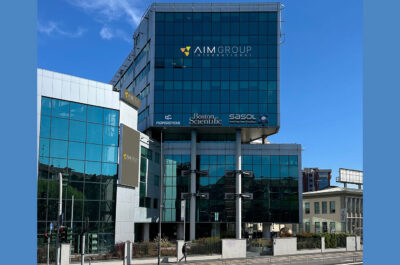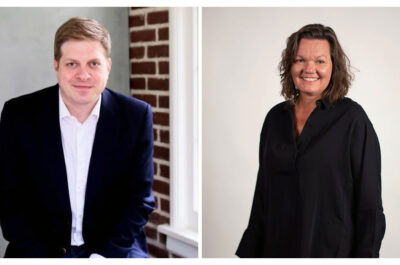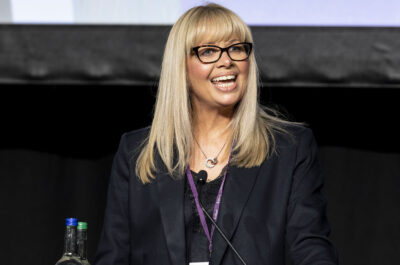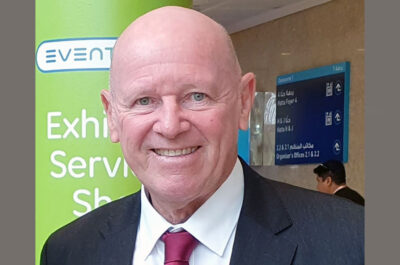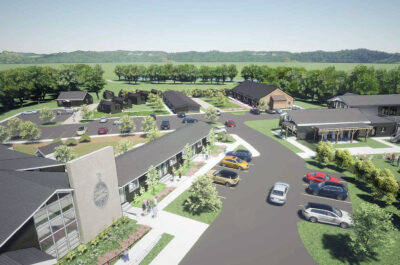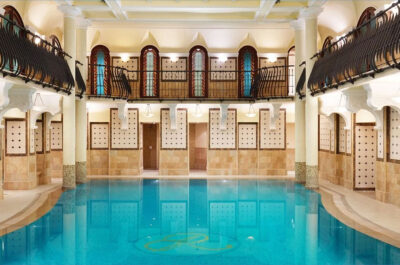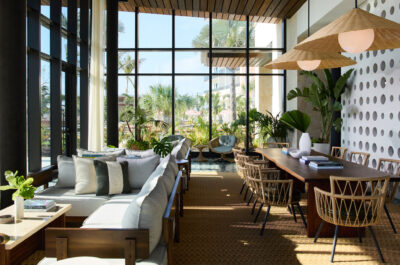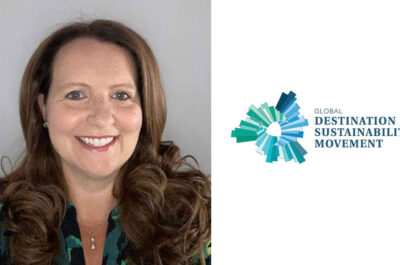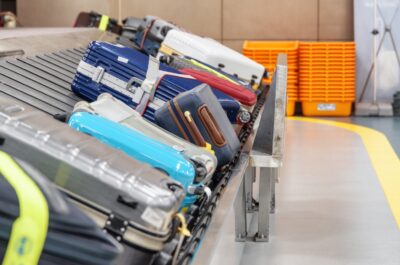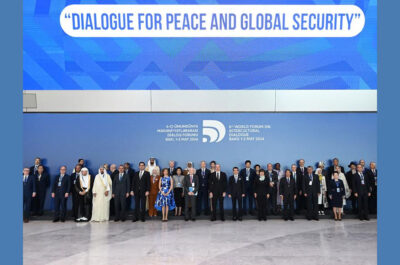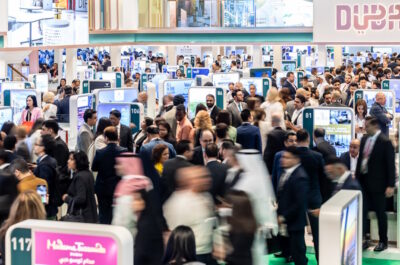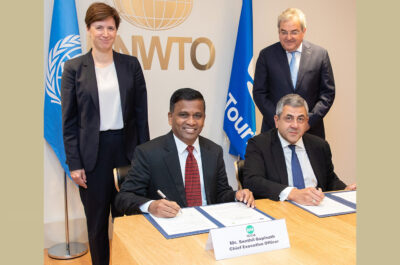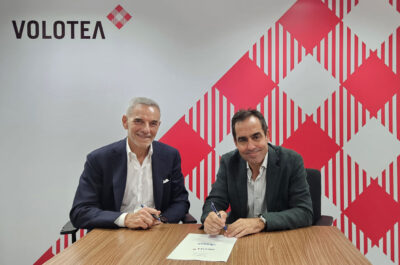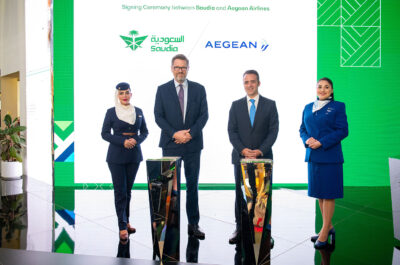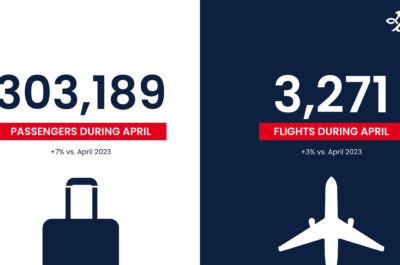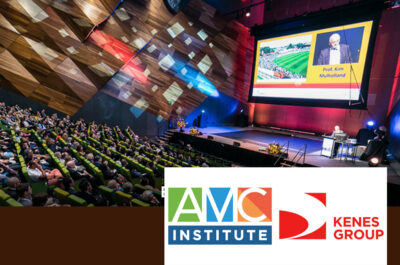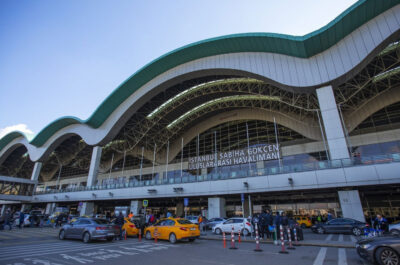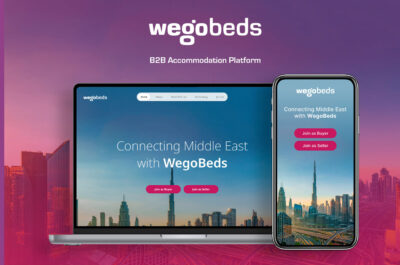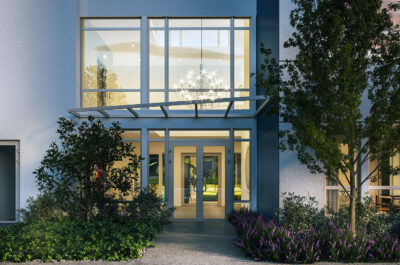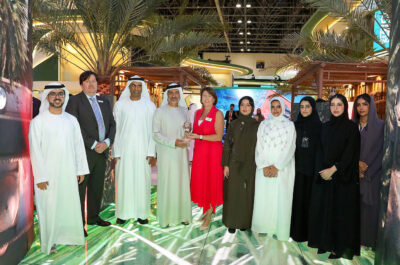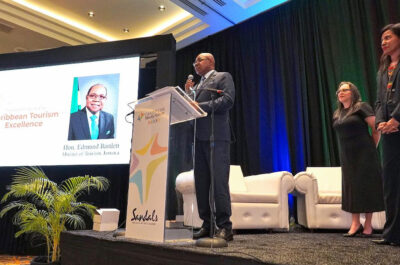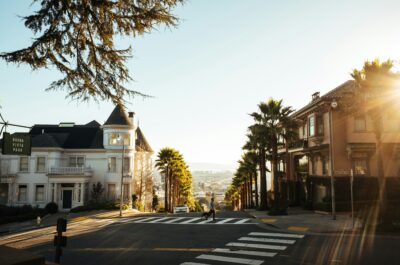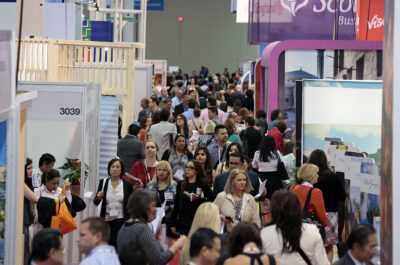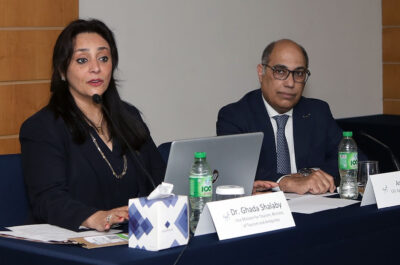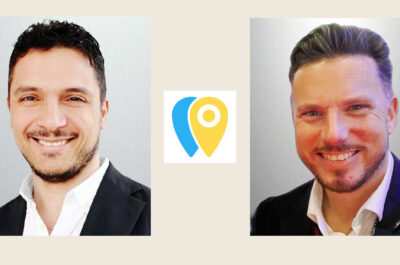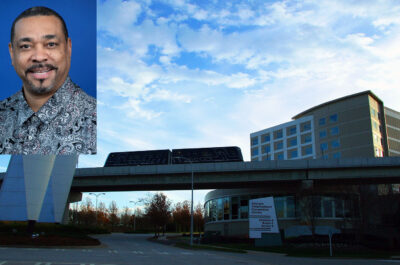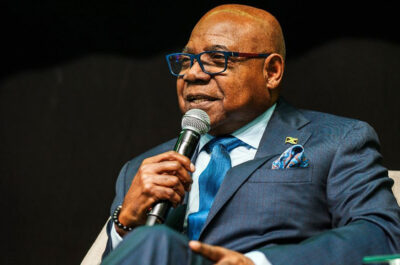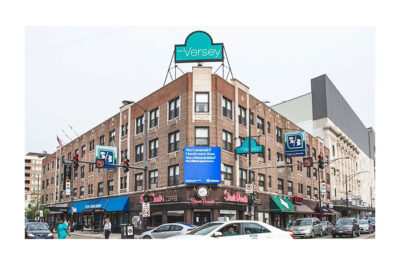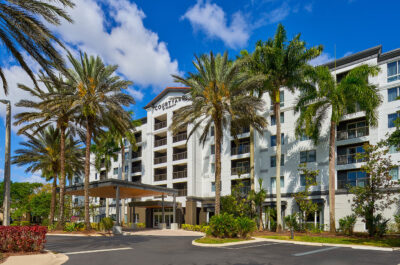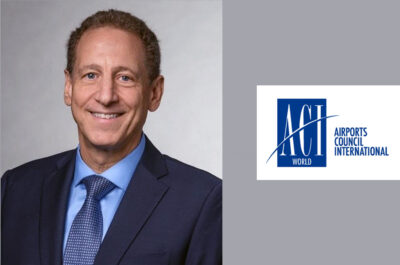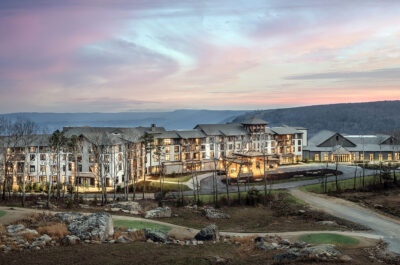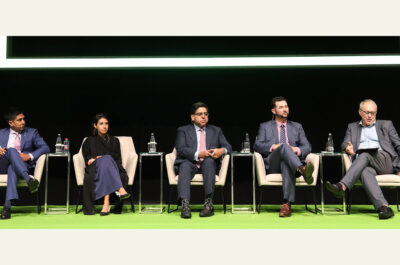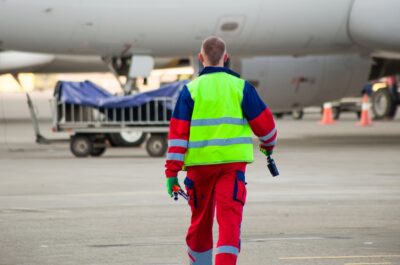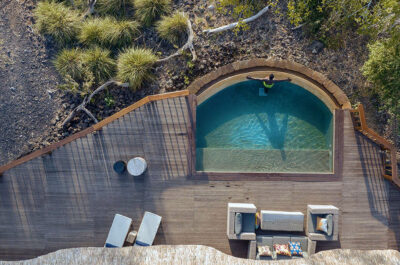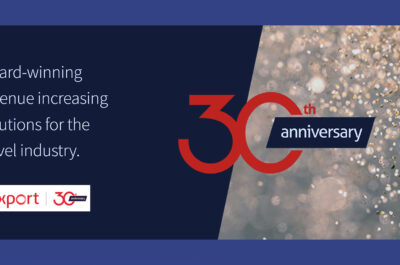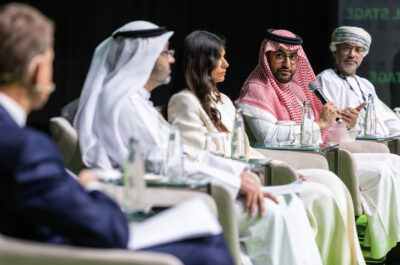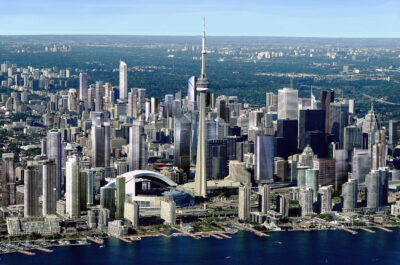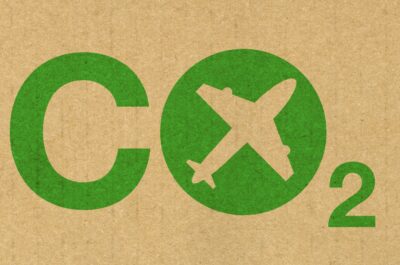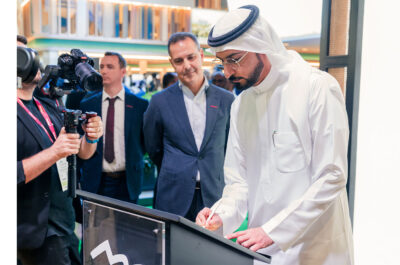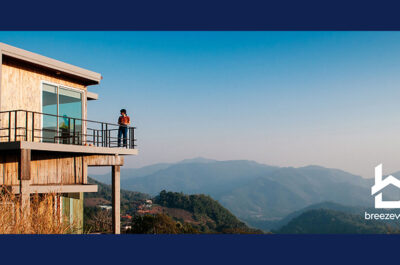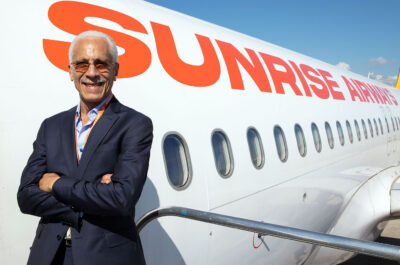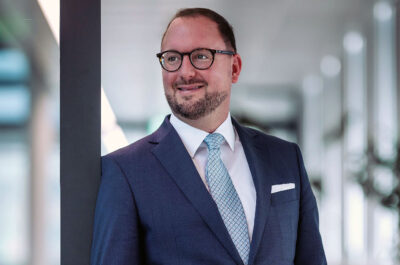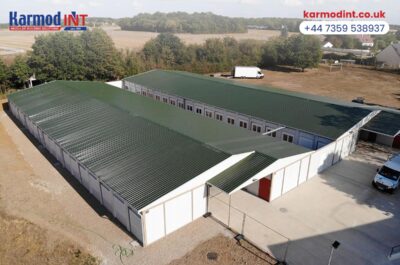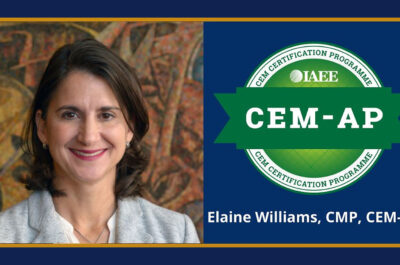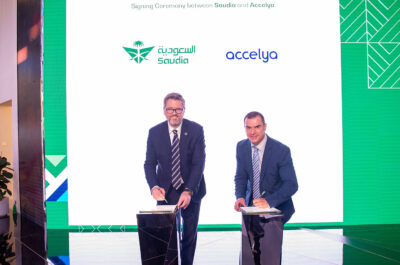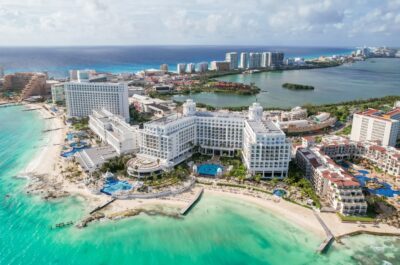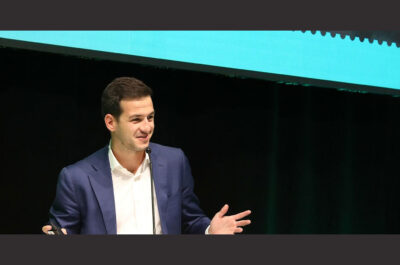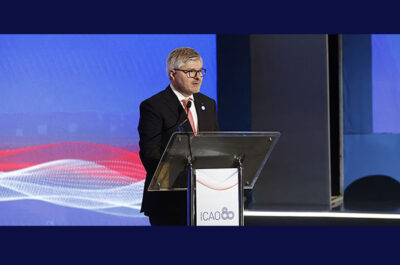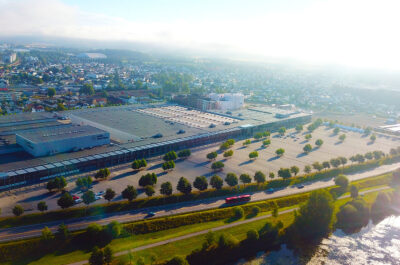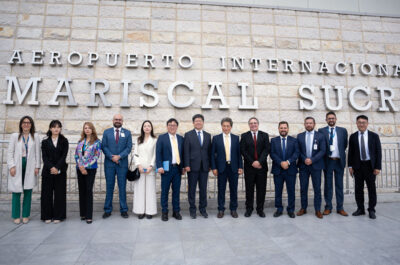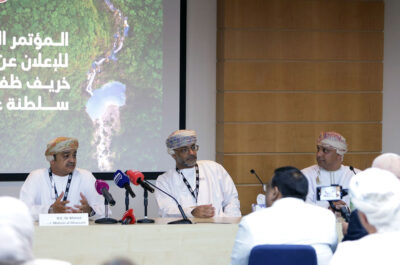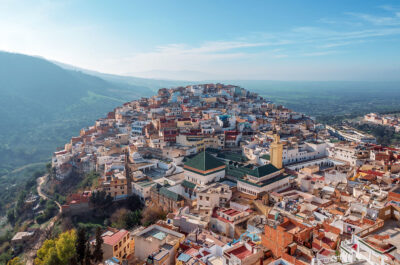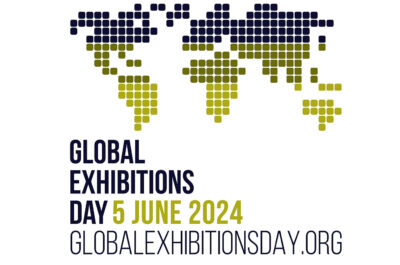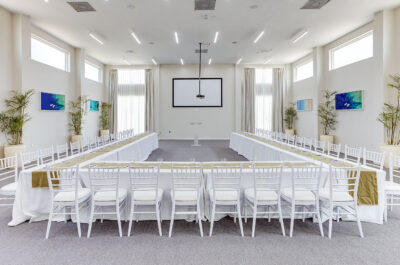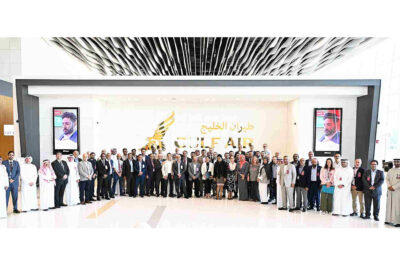This is new to Saudi Arabia and illustrates how much the country has changed.
The real estate mortgage market is big business in Saudi Arabia. However, that wasn’t always the case. Sheikh Yousef Al Shelash, the chairman of Saudi Home Loans, played a fundamental role in establishing real estate mortgages in Saudi Arabia.
Saudi Home Loans, aka SHL, was established in 2007 by Sheikh Yousef Al Shelash and his partners. The company went public in 2022. It was one of the first companies based in the Kingdom to help Saudi nationals buy a home through a mortgage. Currently, 62% of Saudis own homes.
At the time SHL was established, however, the idea of home financing wasn’t well known or understood in the Middle East.”There wasn’t a proper regulatory framework in Saudi for home mortgages. They evolved with the evolution of regulation. When SHL started, regulations were just starting up, and people did not understand [how it worked],” stated Al Shelash.
But when the World Bank became interested in advancing home ownership and home financing, it took a share of the company, which gave SHL the credibility to thrive and pave the way for the real estate mortgage industry across the Middle East. The mortgage sector has also helped with urbanization across the country. Being able to finance a home allowed more people to leave the suburbs because they could finally afford a home in the city.
Sheikh Yousef Al Shelash talks Middle East mortgage market
Before Saudi Home Loans, Saudi nationals seeking to own a home needed to amass the total price of a house, or would have to save to buy a piece of land and then save to buy a house. As the chairman of SHL, Al Shelash helps people make their homeownership dreams a reality by allowing them to mortgage the purchase over 15, 25, or even 30 years.
Al Shelash earned a Master of Science in law and legal proceedings from the Institute of Public Administration in Riyadh, Saudi Arabia. He realized that real estate funds were going to be big business and believed that his educational background would give him the edge he needed to succeed with SHL. “People trusted me because of my law background,” stated the chairman.
Additionally, he received a Bachelor of Science in Shariah from Imam Mohammad Ibn Saud Islamic University. And Al Shelash has extensive training in evaluating investment projects and financial management. He’s also earned diplomas for combating financial crimes and banking.
He began acquiring property using the real estate funds. After that, Sheikh Yousef Al Shelash was able to reassure others to subscribe to those funds. “As a Saudi national, I take pride in showing the world another image of what Saudi is,” stated Al Shelash.
Saudi Arabia’s real estate mortgage forecast
According to Bloomberg, the Saudi Real Estate Refinance Company (SRC, which is the Saudi counterpart to Fannie Mae) is seeing a mortgage boom as banks are looking to increase lending power.
A spokesperson for the SRC stated that it “will further support the development of a robust mortgage market in the Kingdom, providing longer-term liquidity to primary originators.” This means lenders throughout the Kingdom of Saudi Arabia can be more flexible and offer more continuous mortgage solutions to potential borrowers. In addition, the increase provides mortgage innovators the ability to expedite the delivery of affordable home financing, which will boost homeownership for Saudi Arabia citizens.
However, land opportunities are one of the biggest challenges Sheikh Yousef Al Shelash, chairman of not only SHL but also Dar Al Arkan Real Estate Development company, regularly deals with. “Land is so scarce in key areas around the globe. The first big challenge for a real estate developer is always opportunities in procuring land,” stated Al Shelash. “Nobody wants [to buy] land in an unknown area. We all want [to own] land in key areas.”
Al Shelash continued, “If you think of Manhattan or Brooklyn, New York, for example, getting a piece of land there is a dream. It is what the real estate developers work for 15 years to achieve.”
The COVID-19 pandemic took a toll on the Kingdom. Low global oil prices and crude production deflated the oil exports, which resulted in lower governmental fiscal receipts. The first signs of improvement occurred in May 2021.
According to the Saudi Arabia Real Estate Market Summary report, the region is expected to experience a compound annual growth rate of over 9.74% between 2019 and 2028. The report states, “After a deep contraction in 2020, Saudi Arabia’s economy is on a recovery path as new COVID-19 cases stabilize at manageable levels, global conditions improve, and the national vaccination program gains momentum. In addition, property tax relaxations, meeting labor shortages, and affordable housing programs under various stimulus packages have been crucial factors of success for real estate companies across Saudi Arabia.”
Current housing and real estate trends across the Middle East
“There are a lot of trends based on economic classes,” Sheikh Yousef Al Shelash said. “For example, in the middle economic classes, there has been a shift from stand-alone houses to apartments.” That’s because of the rising costs of real estate and utilities. “People are moving from villas into apartments,” said the SHL chairman. This is because the utilities connected to an apartment are less expensive than those of a villa.
The modernization of the Saudi market is driving change. “It has become more open to the external world and the mixing between men and women,” explained Al Shelash. Opening up so many restrictions allowed more people to live in apartments and reduced the number of fences around the houses. As of 2022, 70 nationalities can receive a visa upon arrival in Saudi Arabia. “It used to take a person three months to get a visa to Saudi,” stated the businessman.
According to Al Shelash, the result “is really adding a different flair to the city because now you see it as more alive. Demolishing the walls and adding more landscapes and apartment blocks has made the main cities of Saudi look much more alive.”
The area is also building up its iconic artifact’s attractions in the middle of the desert for the purpose of attracting more tourists beyond those on a religious pilgrimage. “A lot of resorts are being built along the Red Sea,” said Al Shelash. “This is new to Saudi Arabia and illustrates how much the country has changed.”









